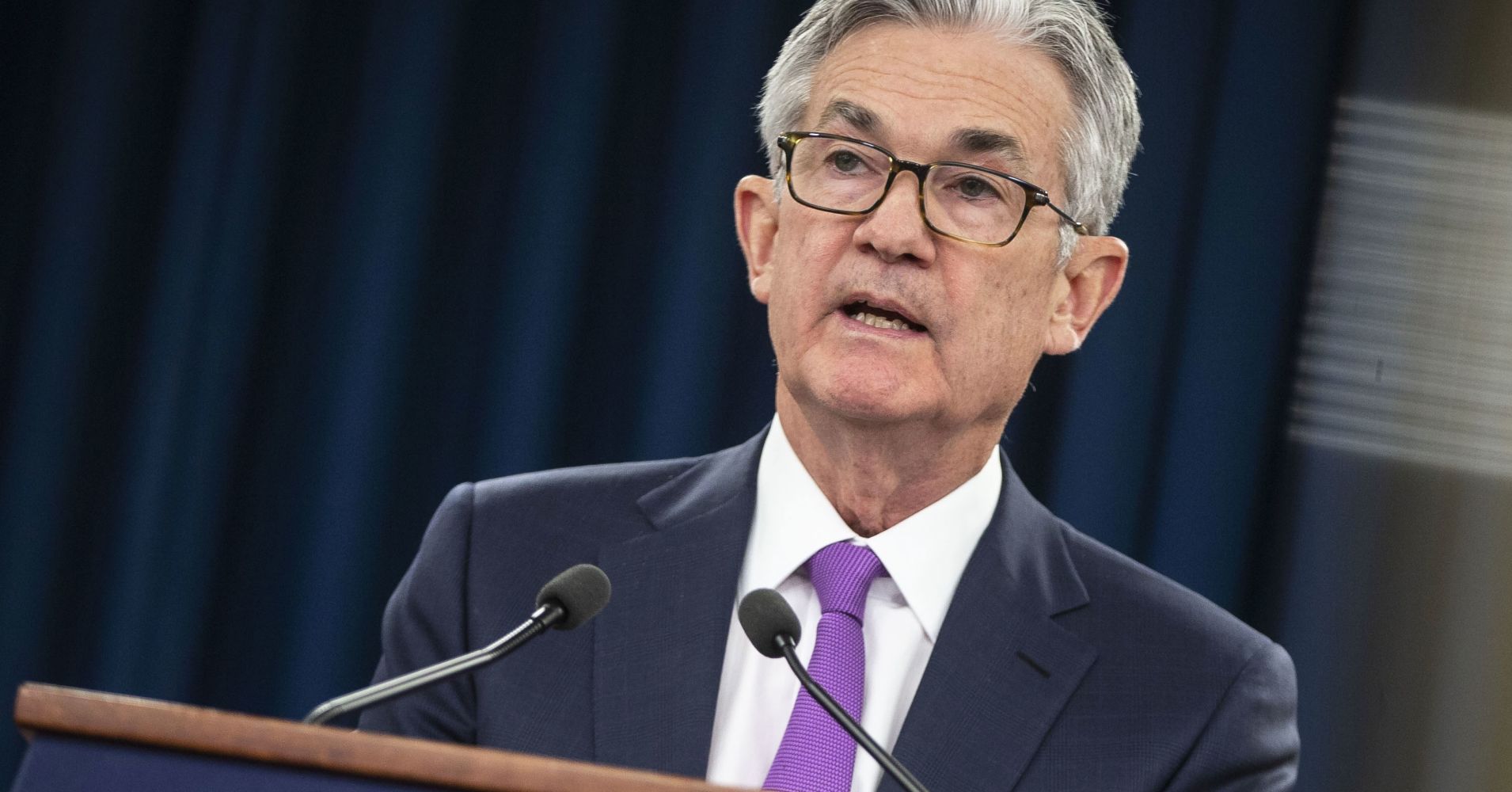Powell subscribes to a popular mindset among central bankers that inflation is most influenced by expectations — in essence, that it becomes a self-fulfilling prophecy if business leaders, investors and the public think inflation will be high.
One possible solution, then, would be for the Fed to say it wants a higher inflation level. That, however, was dimissed by Powell during the hearing.
Another way would be for the Fed to target a price level rather than a percent target, as it does now.
Finally, it could simply let the economy run hotter than normal, thus driving up inflation and perhaps achieving its goal that way.
“A reasonably good model of inflation expectations is adaptive expectations: the public usually expects the inflation that has recently prevailed to prevail in the future. To generate higher inflation expectations, the Fed then should focus on generating higher realized inflation,” J.P. Morgan Chase economist Michael Feroli said in a recent note.
“To do this it simply lets the economy run hot by keeping rates lower than it otherwise would. Over time this should stimulate aggregate demand, eventually pushing up wage and price inflation,” he added. “Higher inflation leads eventually to higher inflation expectations [and] higher nominal interest rates.”
That has proven to be true, but there’s one key ingredient for it to happen: credibility. In other words, there has to be belief that the Fed can deliver on the inflation it promises.
“The Fed could come out tomorrow and say, ‘We’re going to target 4 percent inflation.’ Great — You can’t even get 2,” said Joe LaVorgna, chief economist for the Americas at Natixis. “It’s a weird situation where some people might say they’ve got too much credibility [in keeping inflation low]. Others might say they have no credibility because they can’t get the inflation they want.”
Moreover, LaVorgna thinks the Fed gets too much credit — or blame, as it were — for low inflation.
Other factors, particularly inherently disinflationary technological advancements, and the continuing trend toward globalization, have conspired to keep inflation low, he said.

